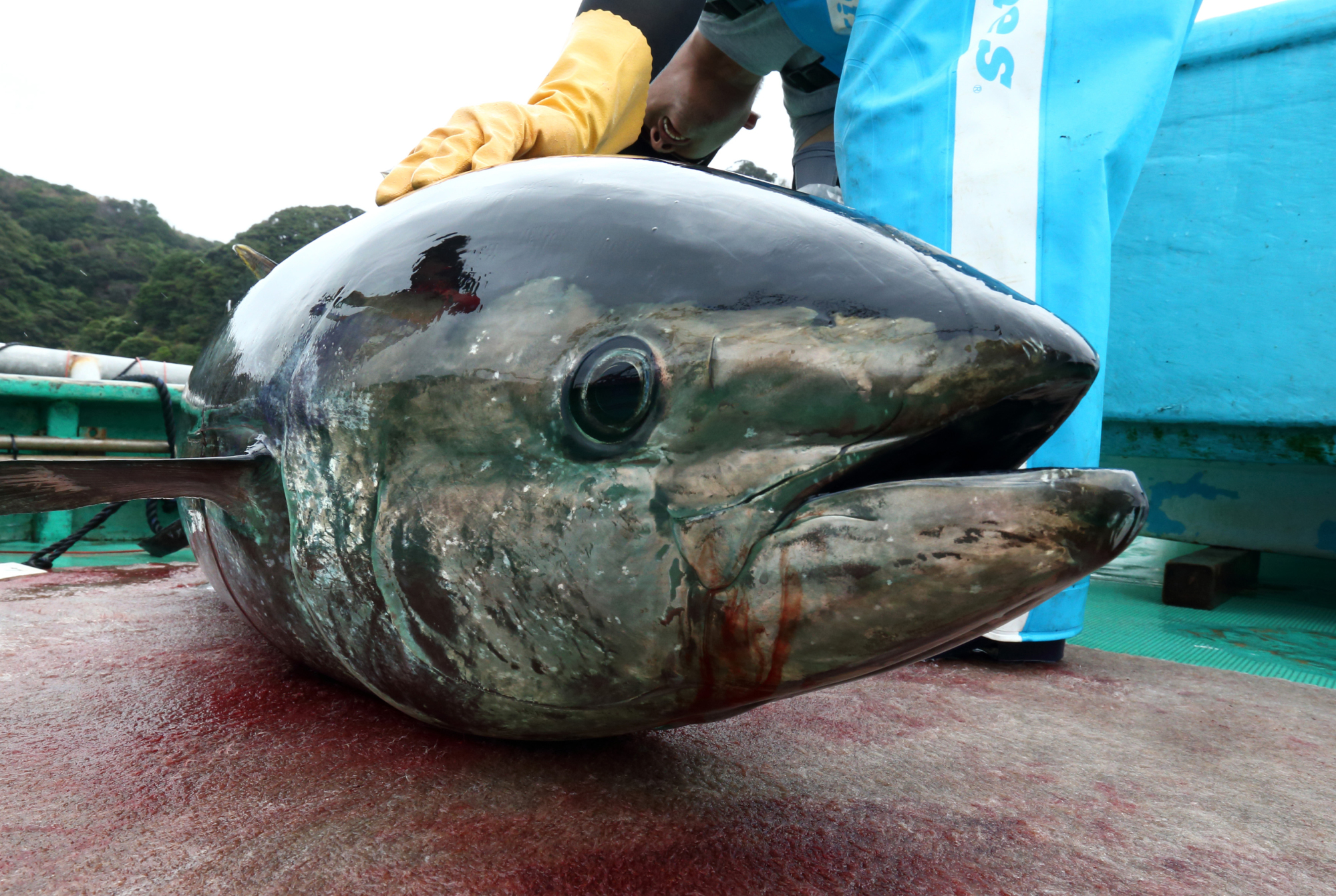Demand for seafood is skyrocketing and will continue to rise throughout this century. The only way to meet it will be through aquaculture. Yet, while next-generation aquaculture will be far more ecologically responsible than its predecessors, it will also use far more energy. If that additional energy is not clean and cheap, new aquaculture technologies cannot serve our broader environmental and climate goals.
The rise in demand for seafood is a good thing, to a point. Fish are more efficient than pork and beef, because they require fewer inputs to yield the same amount of protein. So, as global meat consumption continues to rise, it makes sense for a sizable share of it to come from the sea.
On the other hand, rising demand for seafood poses significant ecological risks. According to the United Nations Food and Agriculture Organization, nearly one-third of global fish stocks are already harvested at an unsustainable level, meaning wild populations cannot regenerate quickly enough to make up for the rate at which they're fished. And, because wild populations lack the carrying capacity to meet the increase in demand, more fish have to be farmed.



